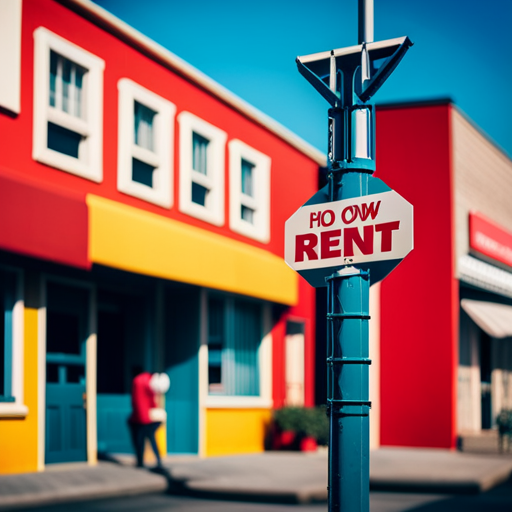Rent-to-own agreements have gained popularity as an alternative financing option for individuals who aspire to own a home but are unable to secure traditional loans. These arrangements allow potential buyers to rent a property with the option to purchase it at a later stage. However, before considering this avenue, it is crucial to evaluate whether a rent-to-own loan is the right choice for you.
This article aims to provide an objective analysis of the pros and cons associated with rent-to-own loans. By exploring both sides of the argument, readers will gain valuable insights into the advantages and disadvantages of such arrangements. With an academic style of writing that eliminates personal pronouns, this article will present evidence-based information in a persuasive manner.
Whether you are seeking financial stability or dreaming of homeownership, understanding if a rent-to-own loan aligns with your goals is essential. Join us as we delve into the intricacies of these agreements and empower you with knowledge that can help shape your housing decisions.
Key Takeaways
- Rent-to-own agreements offer an alternative financing option for those unable to secure traditional loans.
- Rent-to-own loans allow individuals with limited savings or poor credit to eventually own a home.
- These agreements provide a comprehensive understanding of the terms and conditions involved.
– It is important to carefully evaluate the long-term commitment and financial implications before deciding if a rent-to-own loan is right for you.
Understanding Rent-to-Own Agreements
Rent-to-own agreements provide a comprehensive understanding of the terms and conditions involved, allowing individuals to make informed decisions about whether this option is suitable for their financial circumstances.
By comparing rent-to-own with traditional home buying, individuals can weigh the advantages and disadvantages of each approach.
Understanding how rent-to-own agreements work is crucial in determining if it aligns with one’s goals and preferences.
In the next section, we will explore the pros and cons of rent-to-own loans as a way to further evaluate this option.
Pros and Cons of Rent-to-Own Loans
Advantages and disadvantages of rent-to-own agreements can be assessed by considering the potential benefits and drawbacks of this type of financial arrangement.
When it comes to the financial implications, one advantage is that it allows individuals with limited savings or poor credit to eventually own a home. However, there is a long-term commitment involved, which may not be suitable for everyone.
It’s important to carefully evaluate the financial implications and consider if this type of agreement aligns with your long-term goals before making a decision.
Conclusion
Rent-to-own loans can be a viable option for those who are unable to secure traditional financing. These agreements allow individuals to rent a property with the option to purchase it at a later date. While they offer flexibility and the chance to build equity, there are also risks involved, such as higher costs and potential financial obligations.
It is crucial to carefully weigh the pros and cons before entering into such an agreement. In conclusion, considering your financial situation and long-term goals will help determine if a rent-to-own loan is right for you.



